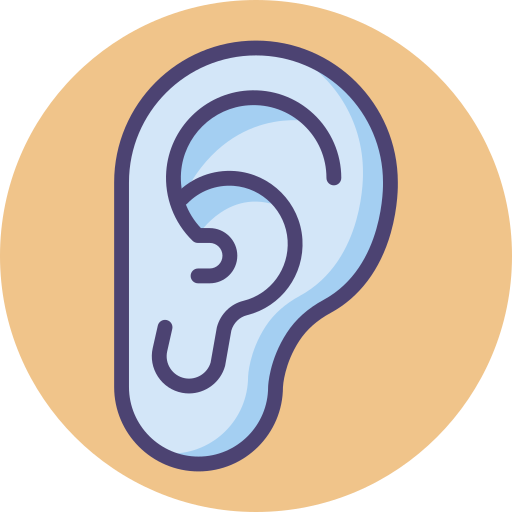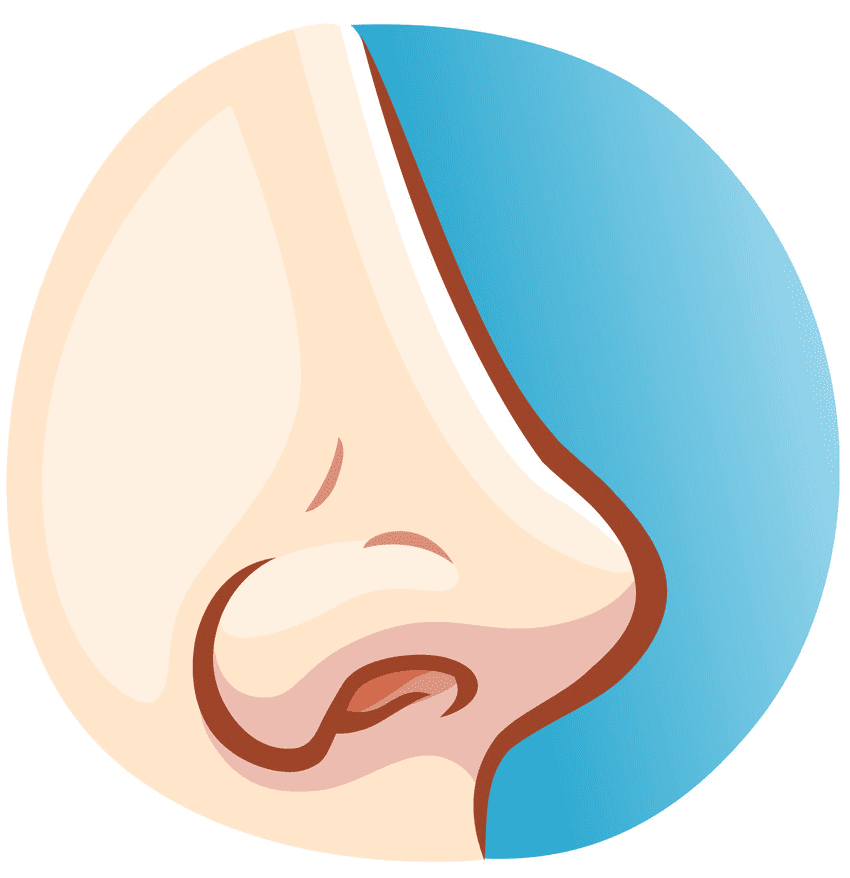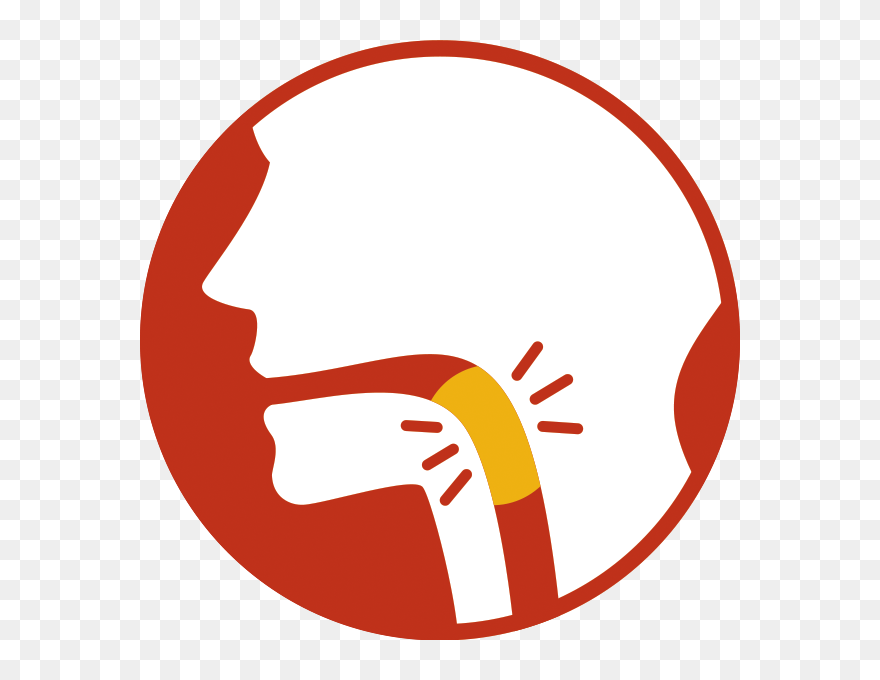THROAT

Common causes:
BPPV: Benign paroxysmal positional vertigo causes brief episodes of mild to intense dizziness. Benign paroxysmal positional vertigo is usually triggered by specific changes in the position of your head. This might occur when you turn your head up or down, when you lie down, or when you turn over or sit up in bed The signs and symptoms of BPPV can come and go, with symptoms commonly lasting less than one minute. Episodes of benign paroxysmal positional vertigo can disappear for some time and then recur. Treatment: Positional manouvres such as Epley’s manouvre, Gufoni’s manouvre etc are the treatment of choice. Repeated manouvres are occasionally required. Supportive treatment with antivertigo drugs is sometimes needed.
Meniere’s disease:
Meniere’s disease presents in episodes or attacks where the patient has heaviness of his ears or head which is followed by sudden onset of giddiness or vertigo that is, a sense of spinning or rotation. This can be associated with tinnitus or ringing in the ear and decrease in hearing. Diagnosis: Pure tone audiometry may show a fluctuating hearing loss. Initially the lower frequencies are affected. Acute phase: Vestibular suppressants to control giddiness are given. Chronic phase: Salt restricted diet Diuretics Hearing aids for hearing loss Intratympanic injection of steroids or gentamycin.
Vestibular neuritis and labyrinthitis:
Vestibular neuritis is infection of the balance nerve. It causes intense vertigo with nausea and vomiting. Treatment: Vestibular suppressants and steroids help in the acute phase. Vestibular rehabilitation has an important role to play in recovery. Labyrinthitis is infection of the inner ear which has the sensory organ for balance and hearing. It causes severe vertigo with nausea and vomiting and hearing loss. Treatment: Antibiotics, vestibular suppressants and steroids are needed in acute phase. Vestibular assessment and Pure tone audiometry are done to monitor response to treatment.



